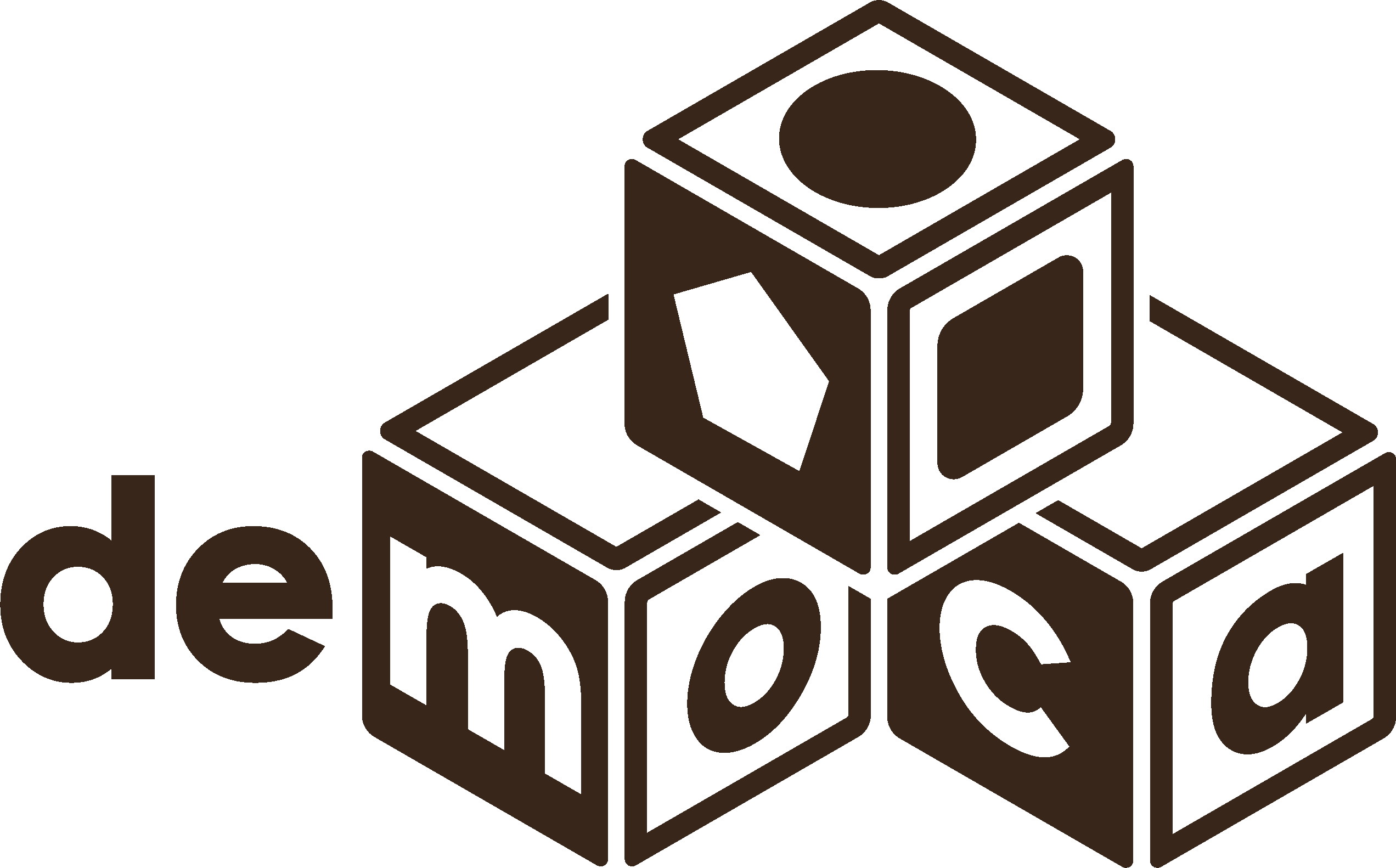
The Montessori Method Beneficial for ADHD Children?
Jan 10 , 2023
ADHD (Attention Deficit Hyperactivity Disorder)
Is a neurodevelopmental disorder that affects about 5% of children worldwide. It is characterized by difficulty paying attention, impulsive behavior, and excessive levels of activity or restlessness. Children with ADHD may have trouble paying attention in class, following instructions, and completing tasks, and may also struggle with social interactions and self-control.
While there is no cure for ADHD, it can be effectively managed with a combination of therapy and other interventions, as well as behavioral therapy, educational interventions, and support at home and school.
Is Montessori Method a good one for children with ADHD?
Some research suggests that the Montessori method may be particularly beneficial for children with ADHD, as it emphasizes individualized learning and allows children to move and explore at their own pace. The hands-on, interactive nature of Montessori activities may also be helpful for children with ADHD, as it can help them focus and concentrate.
However, it is essential to keep in mind that every child is different and that the best approach to education will depend on the child's individual needs.
According to Dr. Maté (a physician and best-selling author who has written extensively about the role of trauma and stress in the development of mental health conditions such as ADHD), many of the behaviors associated with ADHD, such as difficulty paying attention, impulsivity, and difficulty with self-regulation, can be the result of early life stress and trauma. He argues that a more holistic approach to treating ADHD, which addresses the underlying emotional and psychological issues, is often more effective than medication alone.
Dr. Maté's work could be seen as complementary to the Montessori approach, which emphasizes the importance of a supportive and nurturing environment for children's learning and development. The Montessori method is based on the belief that children are naturally curious and learn best through hands-on, experiential learning. It is characterized by using manipulatives and other materials that allow children to learn through exploration and discovery. This approach may be particularly beneficial for children who have experienced stress or trauma. It will enable them to learn and grow at their own pace in a supportive and nurturing environment.
Maria Montessori believed that every child is born with a natural desire to learn and should be allowed to use play to discover and investigate the world around them. As Gabor Maté, Maria Montessori considered, the most crucial developmental stage occurs during the first six years. Providing a nurturing environment where children feel safe and secure will help them develop at their full potential.
The bottom line!
So, the Montessori method is beneficial for children with ADHD, as it provides a structured yet flexible environment that allows children to learn and grow at their own pace. It may also be helpful for children with ADHD because it emphasizes hands-on, interactive activities that can help children focus and concentrate.
A Montessori education and ADHD work great because the whole environment is peaceful, every child is free to move, and the expectations differ from traditional education. The self-chosen activities help children with ADHD to ground, focus and process information at their rate.
Also, through the Montessori method, children rapidly learn to show respect for others, so those with ADHD improve their interaction with adults and children and even their self-perception.
